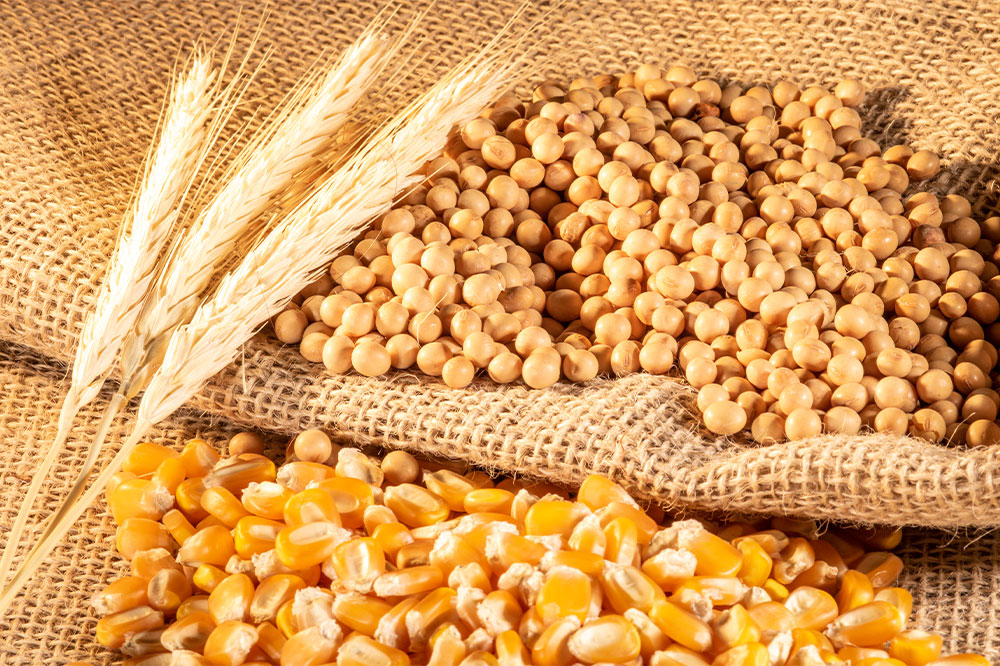Diet Tips for Managing Rheumatoid Arthritis Symptoms
This article offers essential dietary guidance for individuals with rheumatoid arthritis, emphasizing foods to avoid that may worsen inflammation and joint pain. It highlights healthy alternatives and practical tips to help manage symptoms through nutritional choices, promoting improved quality of life for RA sufferers.
Sponsored

Rheumatoid arthritis (RA) is an autoimmune condition characterized by joint pain and stiffness. Its severity can be influenced by lifestyle choices, especially diet. Certain foods can exacerbate inflammation, worsening symptoms, while others may help reduce discomfort. Understanding which foods to limit or avoid is essential for managing RA effectively. Below are key dietary recommendations for those living with rheumatoid arthritis.
Foods high in omega-6 fatty acids
Foods like soybean oil, corn oil, safflower oil, sunflower oil, canola oil, nuts, and red meats contain high levels of omega-6 fats. Excessive consumption may lead to increased inflammation. Substituting these with healthier fats such as olive oil and fatty fish like salmon, tuna, or cod can promote anti-inflammatory benefits.
Limit added sugars
Consuming high-sugar foods such as candies, sodas, desserts, and processed snacks can trigger inflammatory responses by increasing cytokine production. It's best to cut back on items containing high fructose corn syrup, sucrose, and maltose. Instead, opt for naturally sweet options like berries, prunes, or other antioxidant-rich fruits to satisfy sweet cravings.
Reduce salt intake
High sodium levels are linked to heightened autoimmune activity. Limiting salty foods like processed cheeses, canned soups, fast foods, and cured meats can help minimize symptoms. To enhance flavor without added salt, use herbs and spices such as pepper, oregano, cumin, and onion powder.
Avoid gluten-containing foods
Gluten, found in wheat, rye, and barley, may provoke inflammation in some rheumatoid arthritis patients, especially those with coexisting autoimmune conditions such as celiac disease. Limiting gluten intake can potentially alleviate symptoms.
Steer clear of AGE-rich foods
Advanced glycation end products (AGEs) form during high-temperature cooking methods like frying, grilling, or roasting animal-based foods. These compounds can promote inflammation around joints and tissues. Avoid fried meats, hot dogs, mayonnaise, processed cheeses, and margarine.
Limit processed foods
Pre-packaged snacks and fast foods often contain trans fats, excessive sugar, and refined grains—all of which can exacerbate inflammation. Reducing intake of breakfast cereals, baked goods, and convenience foods can help manage RA symptoms.
Watch out for nightshade vegetables
Tomatoes, peppers, eggplants, and potatoes belong to the nightshade family, which may trigger symptoms in some RA sufferers. A trial elimination period can help determine individual tolerance, followed by gradual reintroduction if appropriate.






